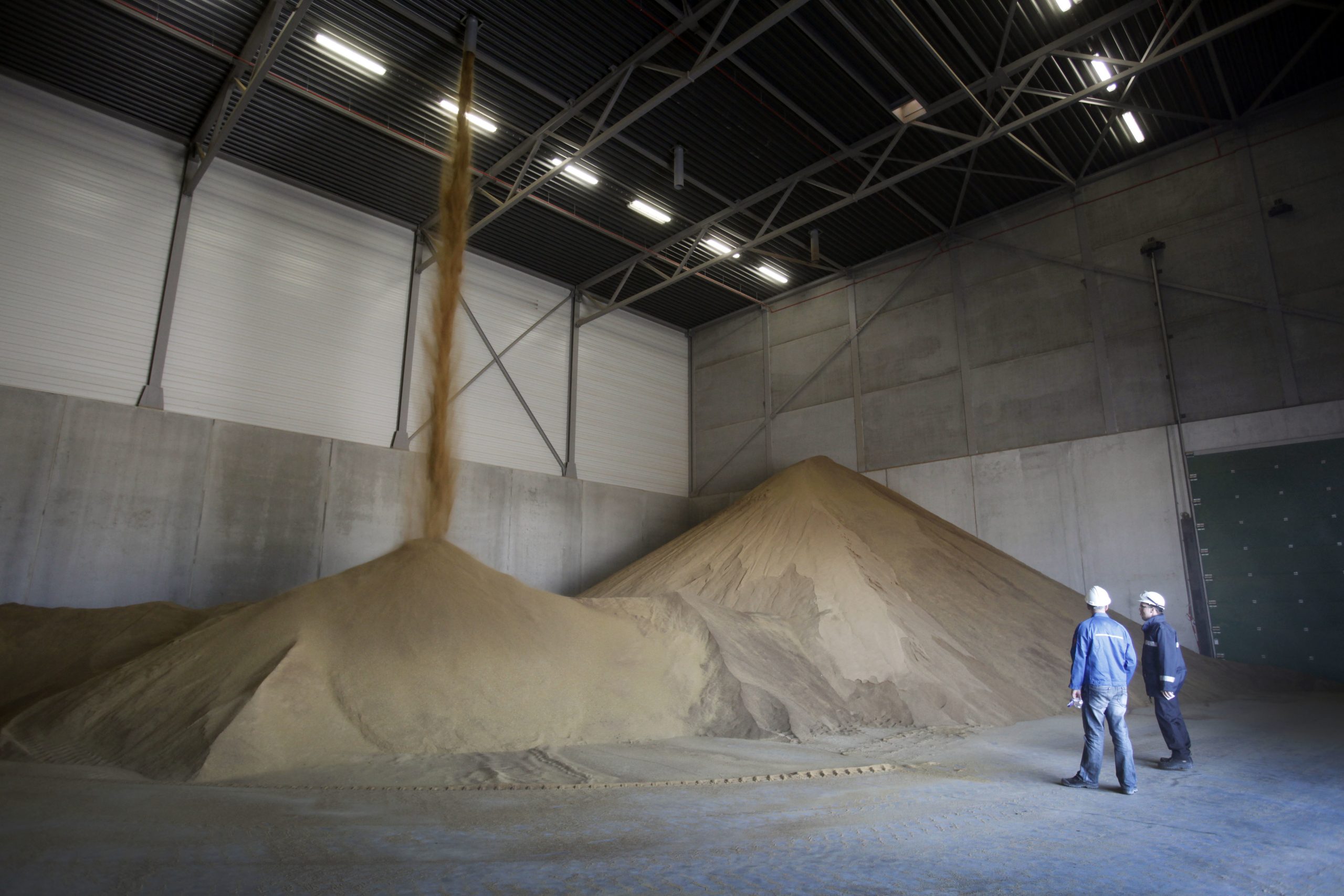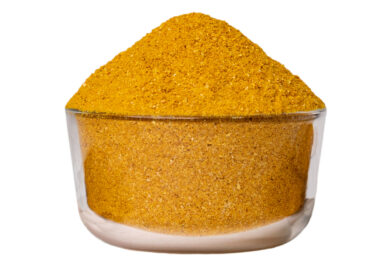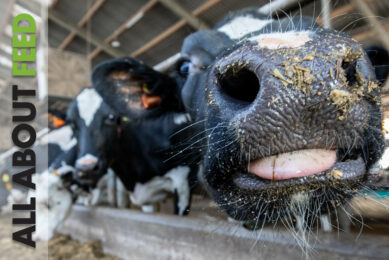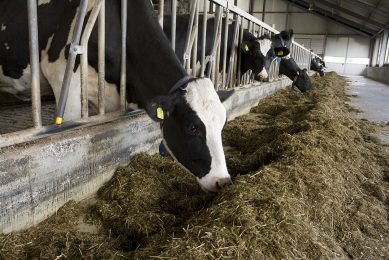Protein value of DDGS: A complex issue

German researchers looked at the effects of raw material use and production process on the quality of distillers dried grains with solubles (DDGS), a by-product of ethanol production from cereal grains.
DDGS is used as a protein source for production animals. Like crude protein (CP) content, degradability and digestibility of CP and amino acids (AA) are predetermined by the raw material grain, but also affected by the production process to a considerable degree. A review, composed by researchers from the University of Bonn in Germany and in press for the Journal Animal Feed Science and Technology, highlights steps of the production process potentially affecting the protein value of DDGS.
Effects of feed processing steps
Heat influence during drying of DDGS is most discussed. During heating, AA can undergo a series of chemical reactions resulting in reduced digestibility or destruction of AA. To evaluate the heat influence on DDGS protein quality, measuring colour variables, acid detergent insoluble N and AA content have been applied, although all of these methods have some limitations. Besides drying, further processing steps potentially affecting the protein value of DDGS are: high temperature application prior to drying or blending of product streams. Yeast protein contributes to DDGS protein but estimations of the actual amount differ considerably. Although the outlined effects and their underlying principles are known, their systematic investigation is impeded by the complex nature of the production process.

Find out more about some of the protein alternatives for soy that are currently seen as promising for livestock and fish diets.
Production process is complex
In this review, several possible effects of the ethanol production process on DDGS protein value have been lined out. The underlying chemical, biological and technological principles of these effects are known. However, the production process is complex, effects may be additive or interactive and it is therefore difficult to quantify the outcome regarding protein value on a general basis. For example, the course of the Maillard reaction is not only influenced by temperature, but also duration, water activity and pH (Mauron, 1990). Targeted research to quantify the influence of single processing variables on DDGS protein value may probably only be possible on a laboratory scale. Regular monitoring of DDGS protein value by producers and users may be necessary, however, this is not as easy as evaluation of chemical composition.
Greater variability, better standardisation
The researchers address that ethanol production process is constantly evolving and new techniques are introduced, like raw starch hydrolysis as discussed above and fractionation of cereal grain or distillers grains, e.g. to remove fibre or oil (Berger and Singh, 2010; Rosentrater et al., 2012). This leads to diversification of distillers by-products and could lead to greater variability in chemical composition and protein value of DDGS (Martinez-Amezcua et al., 2007). On the other hand, it may contribute to better standardization and closely defined products within companies and plants.











